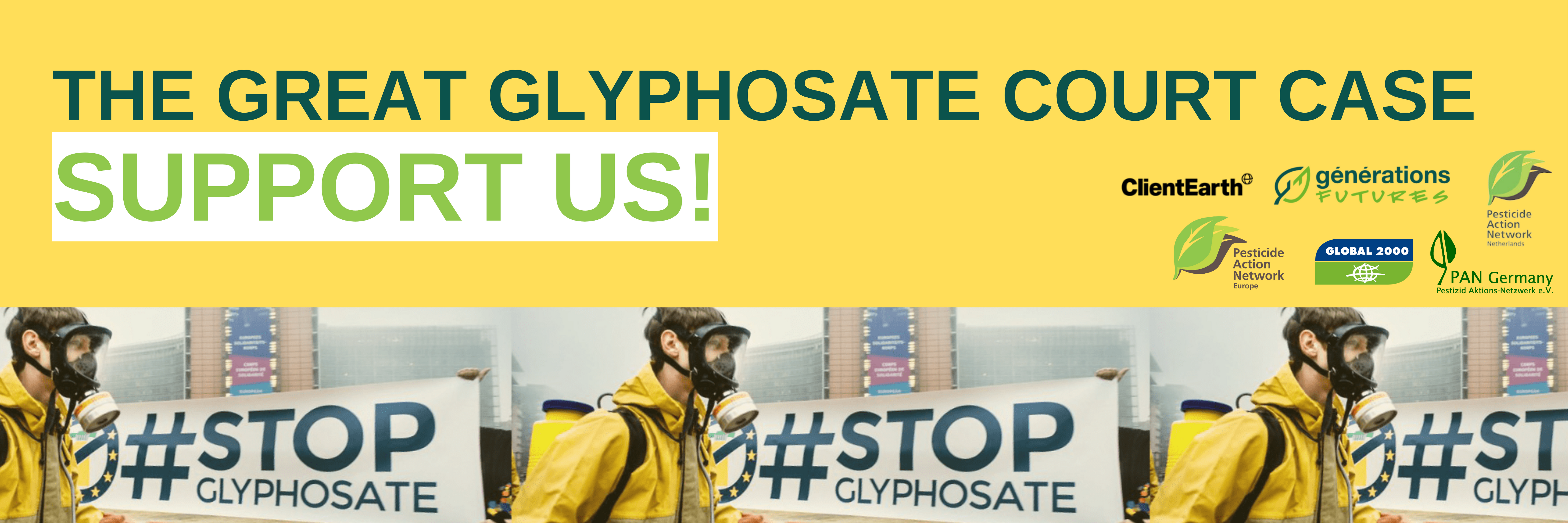We’re now up against Bayer Monsanto in the court case against glyphosate. The EU Court allowed the company to interfere in the case we started against the EU re-authorisation of the widely used pesticide. The chemical giant and the Commission put corporate profits ahead of public safety and the environment. There is ample evidence that the herbicide harms both health and the environment. Under EU law, this toxic pesticide should have been banned.
Fighting for a glyphosate-free future – help us win this court battle!
Alongside our five dedicated members—ClientEarth, Générations Futures, Global2000, PAN Germany, and PAN Netherlands—we, PAN Europe, took this battle to court to protect public health and the environment. With your support, we can continue this vital work, confront the pesticide industry and make a lasting impact.
Why this case matters
You’ve probably seen the headlines. Glyphosate is the most widely used herbicide in Europe, a flagship product of the chemical agriculture industry, but it is harmful. What you might not know is that the EU’s approval process for glyphosate downplayed critical evidence of its harm to health and the environment.
Flaws in the EU glyphosate assessment
Together with our partners, we have uncovered major shortcomings in the EU’s evaluation of glyphosate:
- Incomplete testing: The EU assessment did not fully evaluate the long-term toxicity, cancer risk, or combined effects of the representative formulation of glyphosate, which is used in the fields.
- Dismissive independent studies: Peer-reviewed evidence has been dismissed in favour of industry-funded studies, which downplay the evidence on genotoxicity, neurotoxicity and environmental impacts.
- Ignoring key risks: The EU assessment is disregarding glyphosate’s impacts on biodiversity, on the microbiome and on related health implications.
By re-approving glyphosate despite the evidence about its harm and shortcomings in the assessment, the Commission clearly violated the precautionary principle, which requires banning substances when there is any scientific doubt about their safety.
Science is clear: glyphosate causes harm. Urgent action is needed to protect people and nature.
We’ve taken bold steps, and here’s what’s next
- January 2024 – We filed a formal request to the Commission, demanding a review of its approval decision. [1] We presented a strong case detailing the serious failures and scientific shortcomings in the EU’s risk assessment of glyphosate.
- June 2024 – The Commission rejected our request without properly addressing our concerns. [2]
- December 2024/January 2025 – We escalated our case to the European Court of Justice to contest the Commission’s refusal. [3]
- February 2025 – Our case has been registered[4]. We are awaiting the Commission’s response and the potential intervention of third parties, including industry giants, who will likely oppose our challenge.
- Autumn 2025 – The pharmaceutical company Bayer, which produces the herbicide Roundup (also known as glyphosate), joined the case, siding with the European Commission.
So the battle is far from over!
Why your support matters
We are committed to this fight, no matter what. But taking on this legal battle requires significant resources in time and costs. We are up against powerful industry players as Bayer/Monsanto, who have vast resources to defend the status quo. While science and the law are on our side, your support helps us expand our reach, strengthen our case, and push for meaningful change.
This case is about more than glyphosate—it’s about protecting our health, our biodiversity, our soil, our water, and ensuring a healthier future for generations to come.
Your donation directly strengthens our fight for a future where public health and the environment take priority over corporate interests.
A fight for public health and the environment
Our legal challenge at the European Court of Justice is about more than glyphosate—it’s about holding regulators accountable, ensuring independent science guides decision-making, and protecting public health and biodiversity for generations to come.
With this case, we aim to:
- Hold the European Commission and Member States accountable for failing to protect public health and the environment.
- Expose the shortcomings in the risk assessment process that keep glyphosate and other harmful pesticides on the market.
- Set a legal precedent that strengthens EU pesticide risk assessment and approval for future generations.
Why we can win
This is a landmark case, and we are confident in our ability to succeed. Why? We are leading experts in pesticide risks and EU pesticide law, and have won key cases before the EU Court of Justice
We work with a dedicated and specialised legal team to build the strongest case possible. We collaborate with a network of renowned scientific experts to ensure our arguments are backed by the best available evidence.
Your support makes a difference. Donate today to stand with us in holding decision-makers accountable and protecting future generations.
Or transfer it directly to our bank account:
Account Name: Pesticide Action Network Europe
IBAN: BE72 7340 2990 5816
BIC: KREDBEBB
Communication: Glyphosate Court Case
You can also send a cheque payable and return it to:
PAN Europe, Rue de la Pacification 67
1000 Brussels, Belgium
Notes:
[1] https://www.pan-europe.info/press-releases/2024/01/ngos-initiate-legal-c...
[2] https://www.pan-europe.info/press-releases/2024/06/glyphosate-eu-commiss...
[3] https://www.pan-europe.info/press-releases/2024/12/next-step-glyphosate-...
[4] https://eur-lex.europa.eu/legal-content/EN/TXT/?uri=OJ:C_202500741
For more information on Glyphosate see here.
And a big thank you to our supporters!
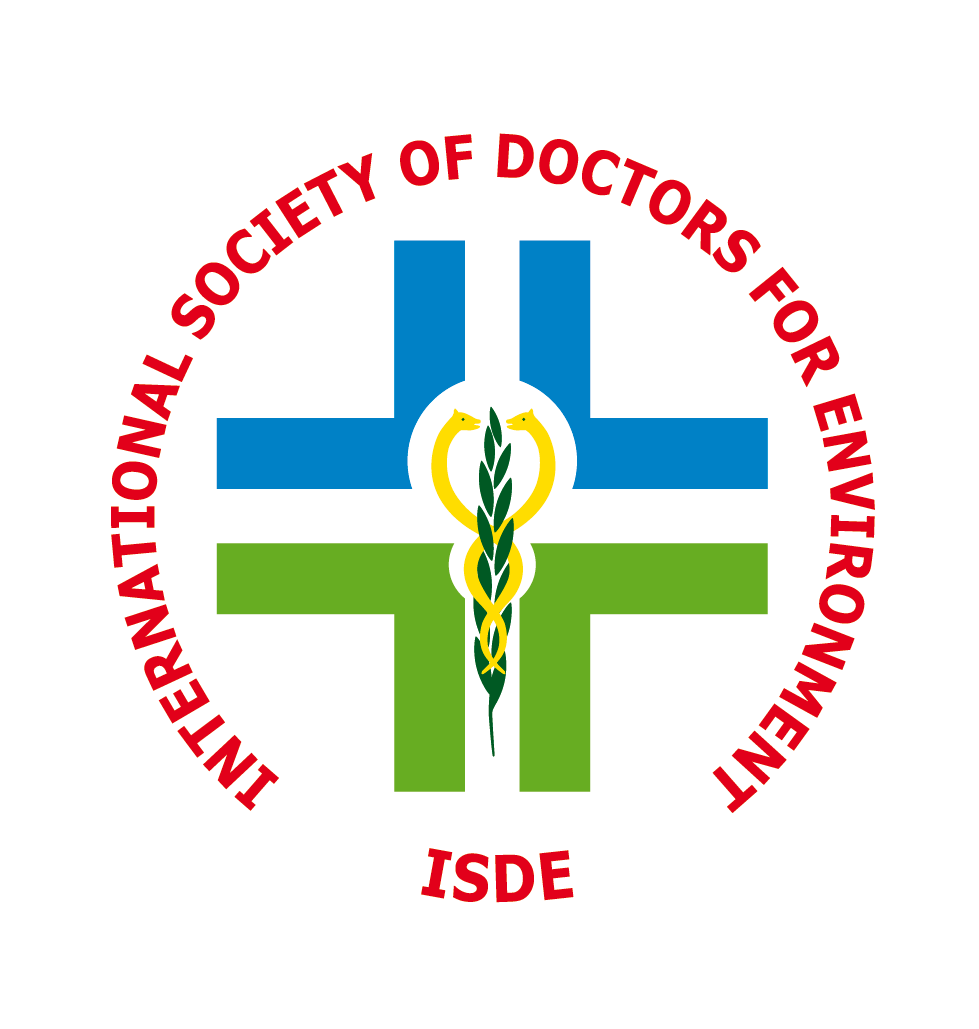 |
 |
 |
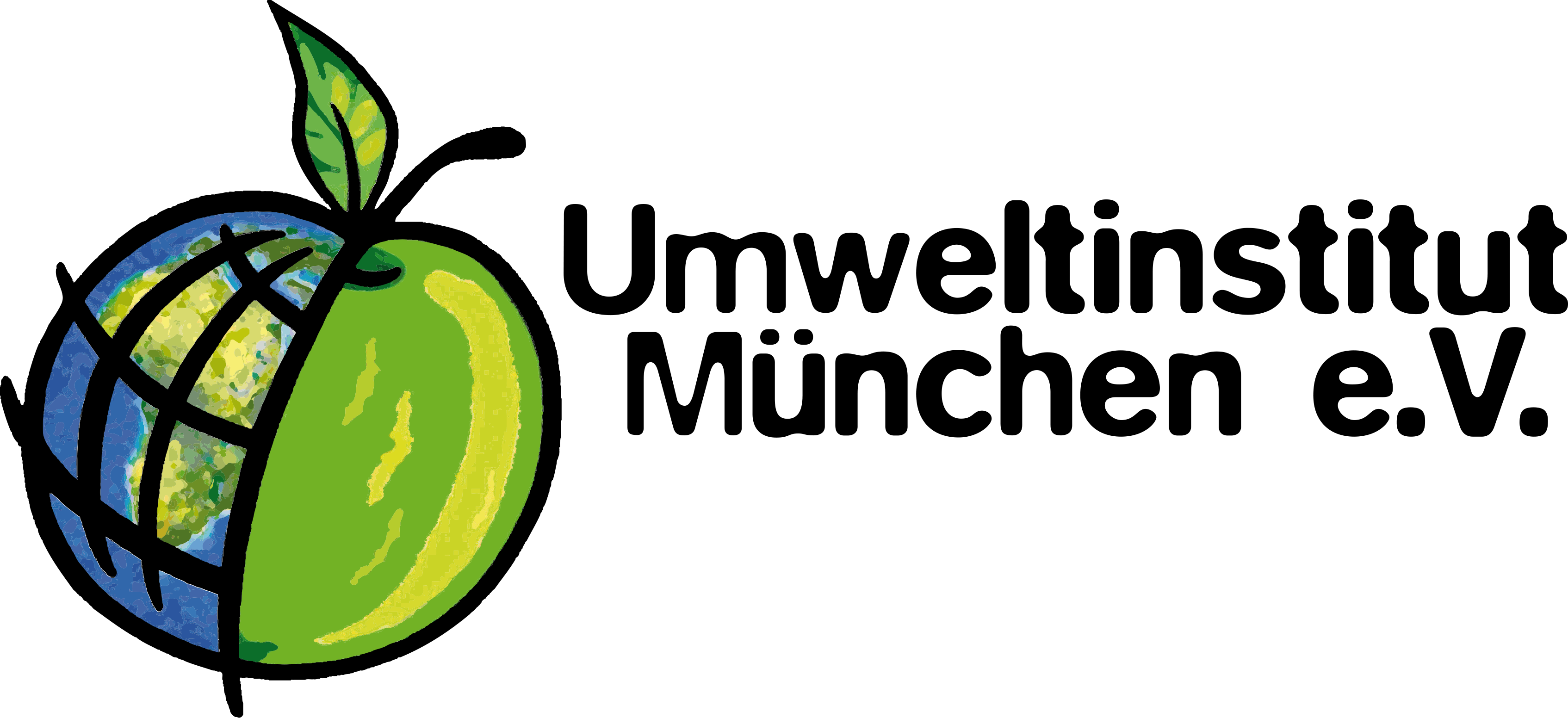 |
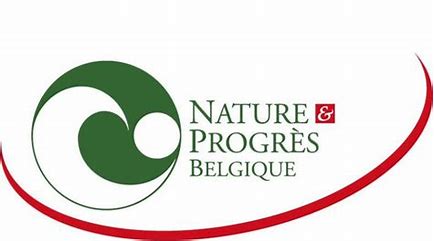 |
 |
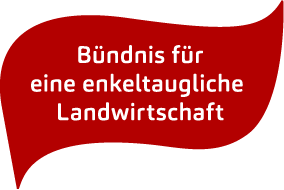 |
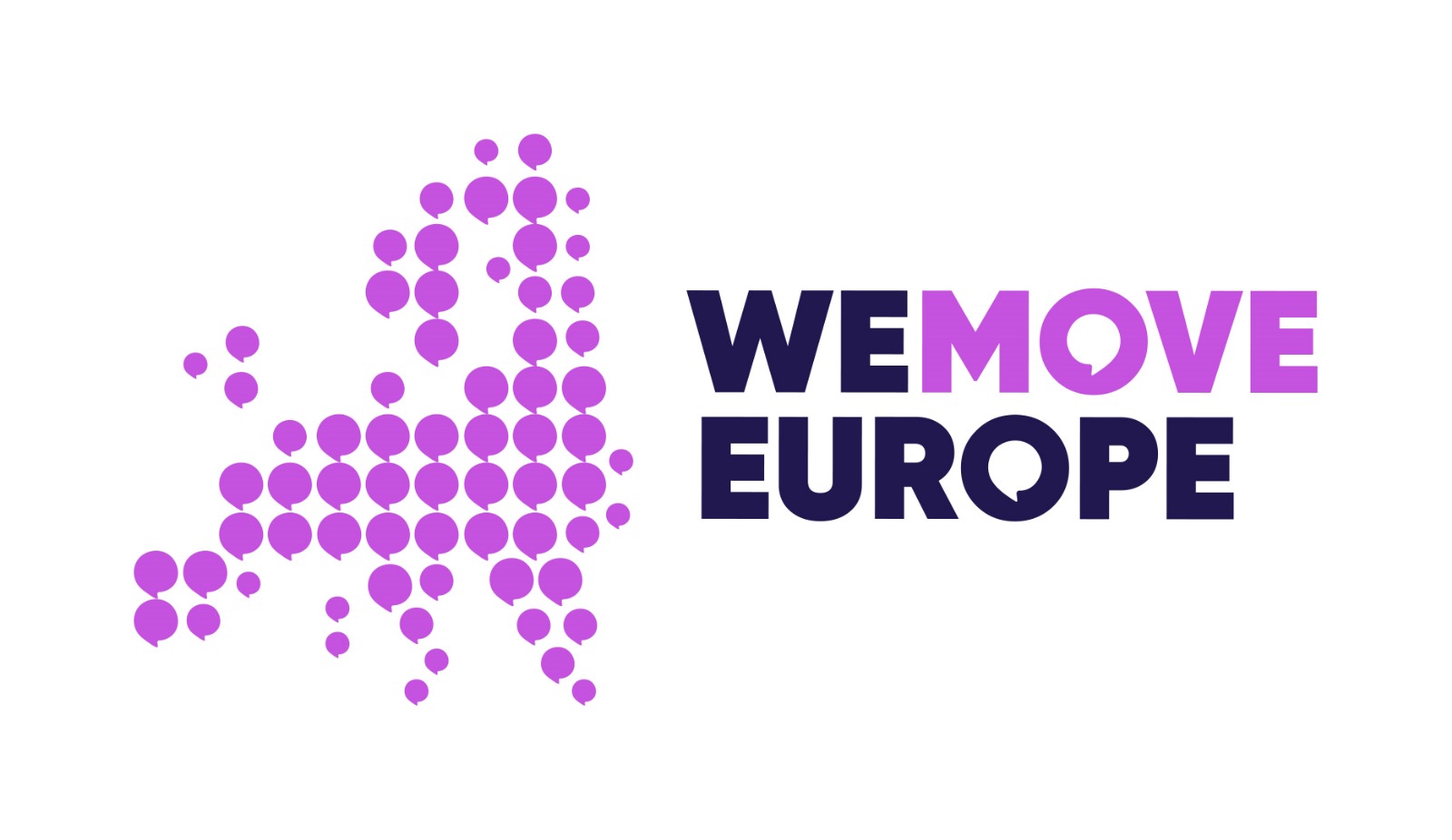 |
